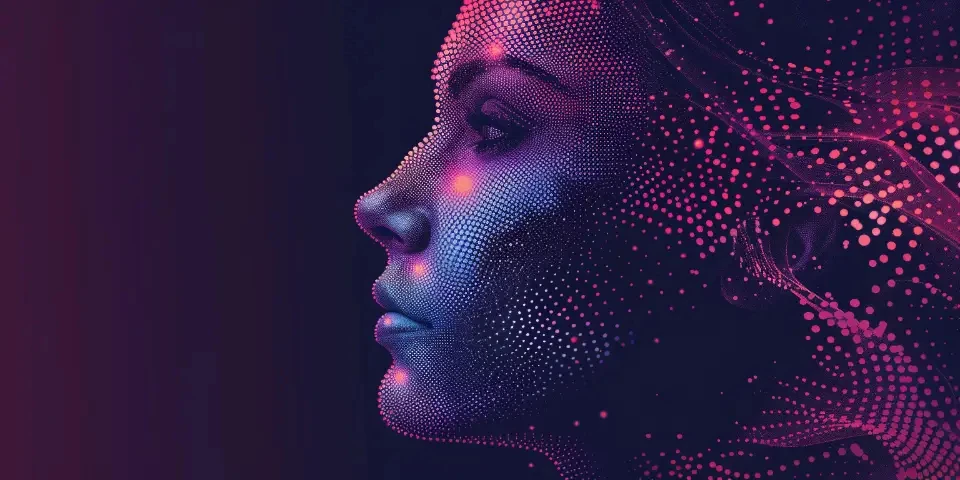AI in Education Bridging the Learning Gap with Intelligent Tutoring Systems
In recent years, artificial intelligence (AI) has made significant strides in revolutionizing various sectors, and education is no exception. Intelligent Tutoring Systems (ITS) have emerged as a game-changer in bridging the learning gap and personalizing education for students. By leveraging AI algorithms and big data analysis, ITS not only provide targeted support for struggling learners but also enhance the overall learning experience. In this article, we delve into the various aspects of AI in education and explore how intelligent tutoring systems are transforming the way we learn.
1. Personalized Learning
One of the key advantages of intelligent tutoring systems is their ability to deliver personalized learning experiences. Through adaptive algorithms, ITS can assess a student's strengths, weaknesses, learning style, and pace, enabling them to tailor their lessons accordingly. This personalized approach helps students to grasp difficult concepts more effectively and at their own pace, increasing engagement and knowledge retention.

Moreover, ITS can provide immediate and targeted feedback, identifying misconceptions and offering corrective guidance. This real-time feedback fosters better learning outcomes and allows students to track their progress more effectively.
2. Adaptive Assessments
Traditional assessments often fall short in truly evaluating a student's understanding and performance. Intelligent tutoring systems excel in providing adaptive assessments that closely align with individual learners' needs. By analyzing their responses and learning patterns, ITS can dynamically adjust the difficulty level of the questions or tasks, ensuring that students are always challenged appropriately.
Furthermore, adaptive assessments minimize the impact of factors such as test anxiety and time pressure, as the system focuses on the individual's learning journey rather than comparison with peers. This promotes a growth mindset and a positive learning environment.
3. Virtual Assistants
Virtual assistants, powered by AI, have become invaluable tools in education. These intelligent agents can answer students' questions, provide explanations, and offer additional resources, serving as virtual tutors. For instance, tools like OpenAI's GPT-3 have displayed remarkable capabilities in generating text and conversing in a human-like manner, making them excellent companions for learning.
Virtual assistants not only help students with immediate queries but also stimulate critical thinking by engaging in interactive conversations. They can ask students probing questions, encourage them to justify their answers, and facilitate deeper understanding of the subject matter.
4. Customized Content Creation
Intelligent tutoring systems have the ability to generate customized content, ensuring that the material aligns with the student's proficiency level and learning objectives. By leveraging AI-powered content creation tools, educators can develop tailored lessons, exercises, and assessments that cater to individual student needs.
Furthermore, AI algorithms can analyze vast amounts of educational resources to curate relevant and engaging content. They can recommend supplementary materials, videos, or interactive simulations to enhance the learning experience, making education more captivating and holistic.
5. Bridging the Gap in Access to Education
One significant benefit of AI in education is its potential to bridge the gap in access to quality education. Intelligent tutoring systems can reach students who lack access to qualified teachers or adequate educational resources. By providing individualized instruction, these systems empower learners regardless of their geographical location or socioeconomic background.
Additionally, AI-powered language translation capabilities facilitate learning across linguistic barriers, enabling students from diverse backgrounds to benefit from educational materials in their native language.
6. Ethical Considerations and Data Privacy
While the integration of AI in education holds immense potential, it is crucial to address ethical considerations and data privacy concerns. Educators, policymakers, and technology developers must ensure that AI technologies are used ethically and responsibly. They should prioritize transparency and accountability, making students and their families aware of the data collected and how it is being utilized.
Data security measures must also be implemented to protect sensitive student information. Institutions should adopt robust privacy policies and adhere to regulations that safeguard student data and preserve their privacy rights.
7. Impact on Teaching Role
As intelligent tutoring systems become more prevalent, the role of teachers is undergoing a transformation. Educators are no longer solely responsible for content delivery but are increasingly becoming facilitators, mentors, and guides for personalized learning journeys.
With the assistance of AI, teachers can focus on cultivating critical thinking skills, emotional intelligence, and nurturing creativity in students. They can leverage the insights provided by intelligent tutoring systems to identify learning gaps and tailor their instructional methods accordingly. Ultimately, this collaboration between AI and teachers enhances the overall learning experience.
FAQs:
Q: Can intelligent tutoring systems replace human teachers entirely?
A: No, while intelligent tutoring systems offer personalized learning experiences, they cannot entirely replace human teachers. Teachers provide emotional support, personalized guidance, and foster social interactions that are integral to a comprehensive education.
Q: Are intelligent tutoring systems suitable for all subjects and age groups?
A: Yes, intelligent tutoring systems can be adapted for various subjects and age groups. From mathematics and science to languages and humanities, ITS can personalize learning in diverse domains, catering to students from kindergarten to higher education levels.
Q: What are the challenges of implementing intelligent tutoring systems in schools?
A: Implementing intelligent tutoring systems in schools requires adequate infrastructure, teacher training, and administrative support. Additionally, there may be initial resistance to change and concerns about job security among educators. Addressing these challenges requires careful planning and collaboration between educators, administrators, and technology providers.
References:
1. Anderson, J. R. (1983). The architecture of cognition. Harvard University Press.
2. VanLehn, K. (2011). The relative effectiveness of human tutoring, intelligent tutoring systems, and other tutoring systems. Educational Psychologist, 46(4), 197-221.
3. Chen, C. H., & Yeh, Y. F. (2014). A study on the effects of an adaptive learning system with gamification. Educational Technology & Society, 17(1), 42-55.
Explore your companion in WeMate